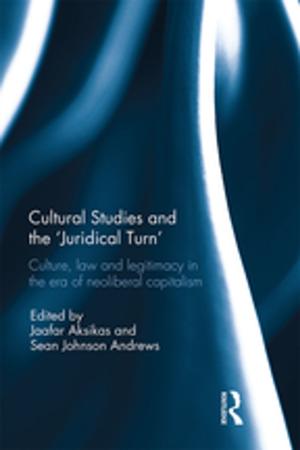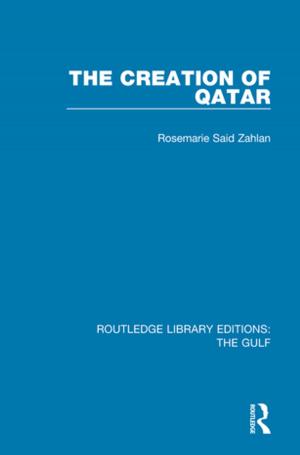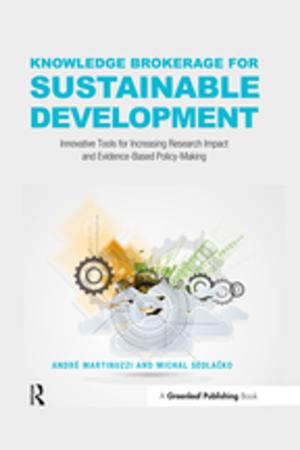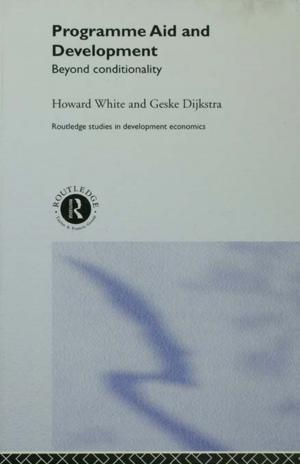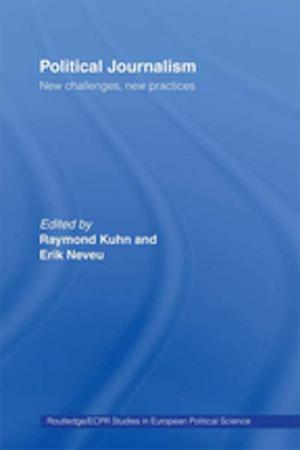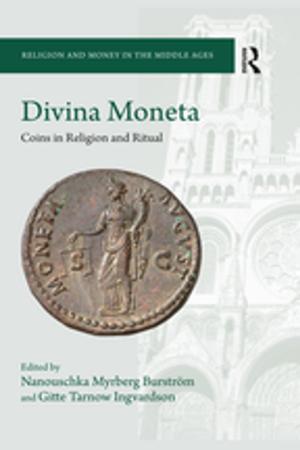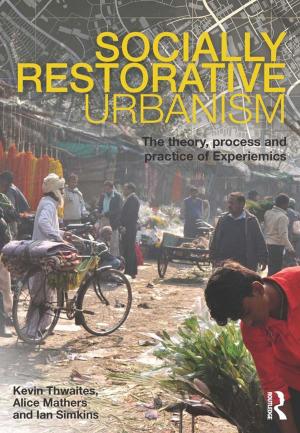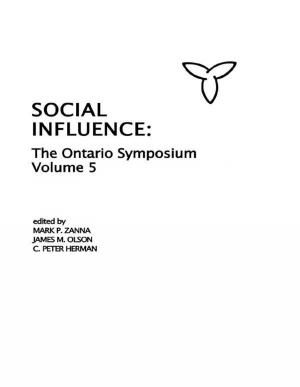Archaeology and Economic Development
Nonfiction, Social & Cultural Studies, Social Science, Archaeology| Author: | Paul Burtenshaw | ISBN: | 9781351191135 |
| Publisher: | Taylor and Francis | Publication: | December 2, 2017 |
| Imprint: | Routledge | Language: | English |
| Author: | Paul Burtenshaw |
| ISBN: | 9781351191135 |
| Publisher: | Taylor and Francis |
| Publication: | December 2, 2017 |
| Imprint: | Routledge |
| Language: | English |
"Nowhere in archaeology is the gap between theory and practice more evident than in its ambivalent engagement with economic development. This groundbreaking volume assembles practicing archaeologists, economists, and NGO officials in an extensive exploration of the theoretical, practical and ethical issues raised by archaeologists' use of cultural heritage to support economic development. The first chapters consider the problem of articulating the value of tangible and intangible heritage when economic measures alone are inadequate. Subsequent chapters present regional perspectives on archaeology and development, and present a host of case studies from around the globe that describe archaeologists' development projects, including some that are successful and others that are less so. These studies both suggest best practices in the implementation of development projects and illuminate the obstacles to success created by political conflict and competing human needs. Ethical issues and practical considerations converge in chapters that explore the role that members of local communities should play in the design, management and governance of archaeological and heritage resources. In this volume, archaeologists and heritage professionals will encounter a thought-provoking international discourse concerning the path forward for archaeology as the field engages with economic development."
"Nowhere in archaeology is the gap between theory and practice more evident than in its ambivalent engagement with economic development. This groundbreaking volume assembles practicing archaeologists, economists, and NGO officials in an extensive exploration of the theoretical, practical and ethical issues raised by archaeologists' use of cultural heritage to support economic development. The first chapters consider the problem of articulating the value of tangible and intangible heritage when economic measures alone are inadequate. Subsequent chapters present regional perspectives on archaeology and development, and present a host of case studies from around the globe that describe archaeologists' development projects, including some that are successful and others that are less so. These studies both suggest best practices in the implementation of development projects and illuminate the obstacles to success created by political conflict and competing human needs. Ethical issues and practical considerations converge in chapters that explore the role that members of local communities should play in the design, management and governance of archaeological and heritage resources. In this volume, archaeologists and heritage professionals will encounter a thought-provoking international discourse concerning the path forward for archaeology as the field engages with economic development."

